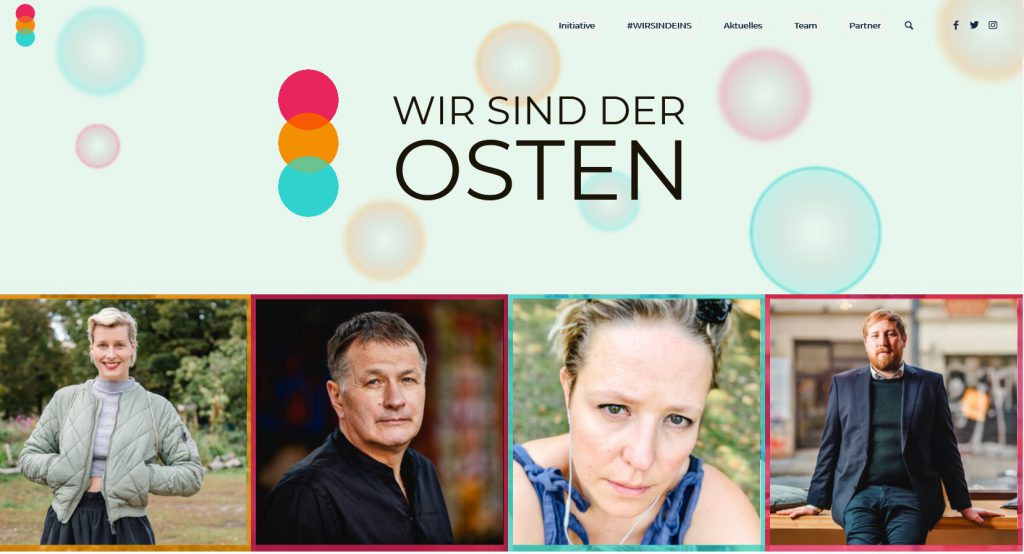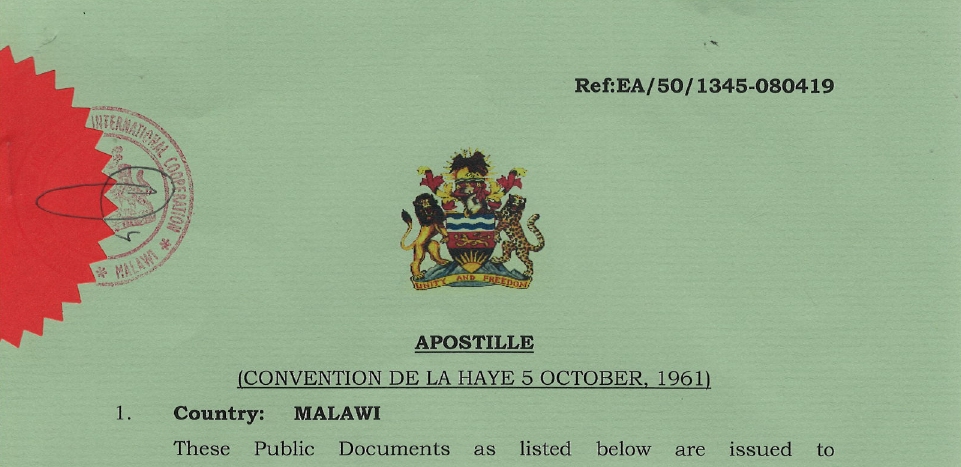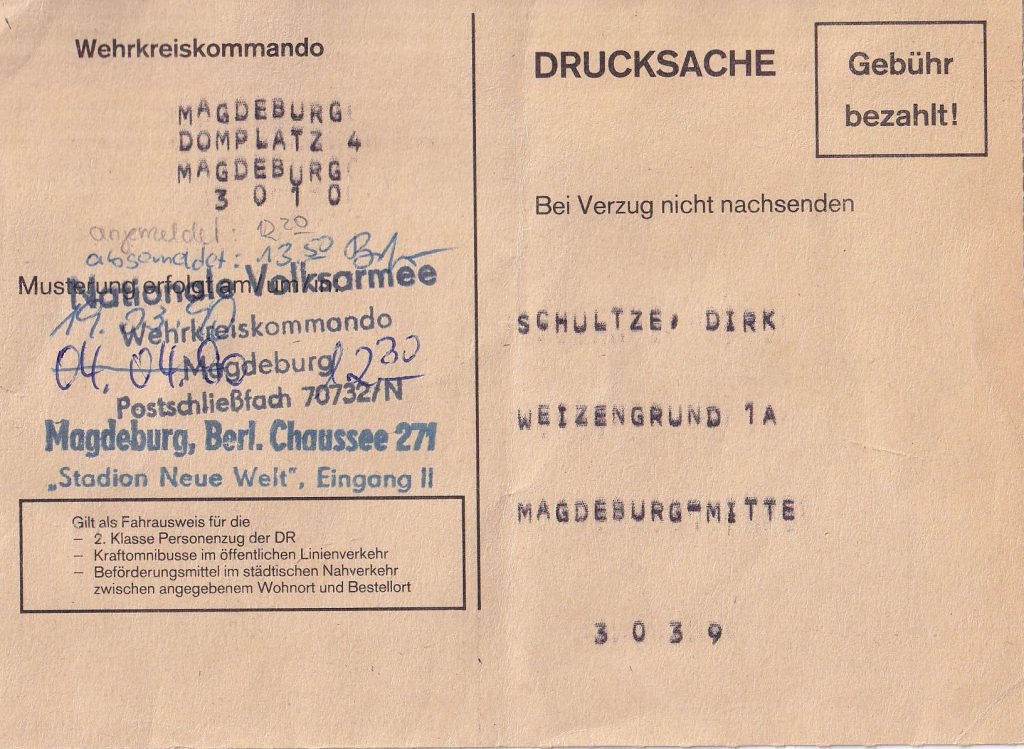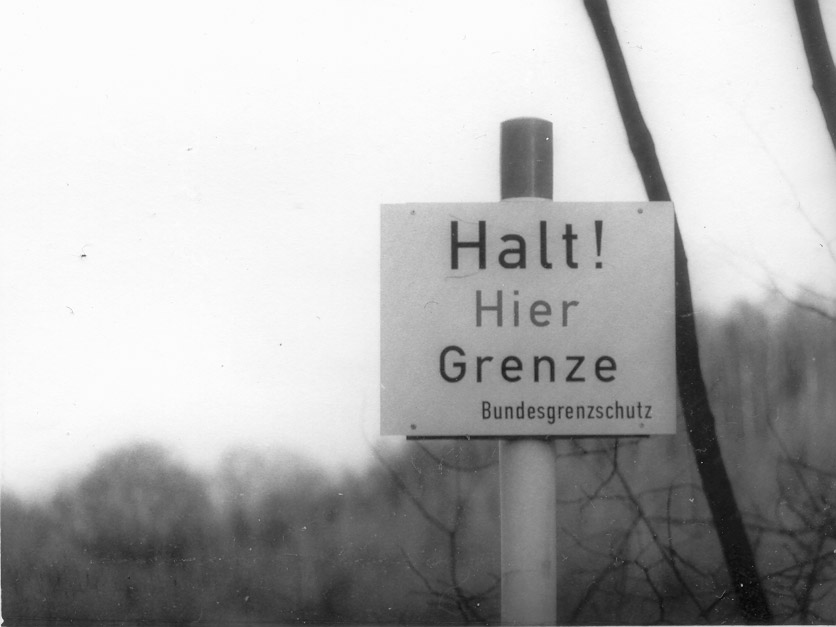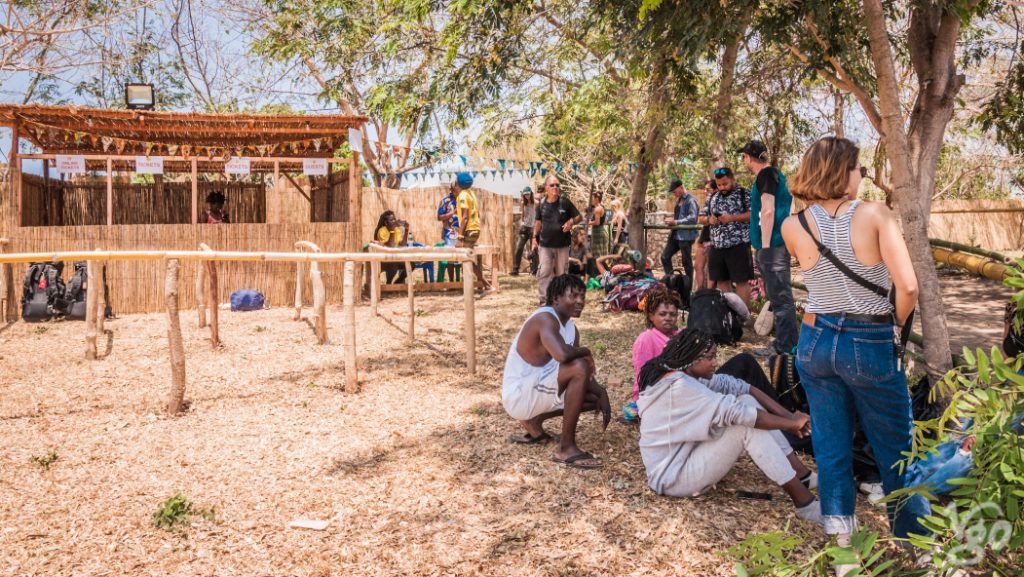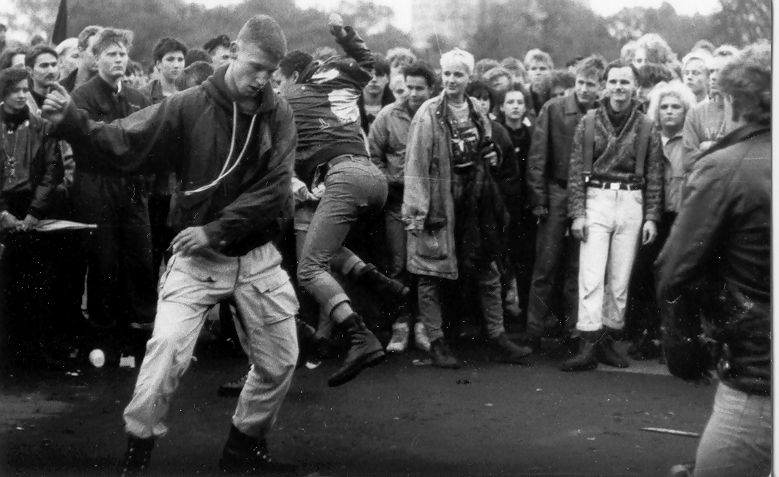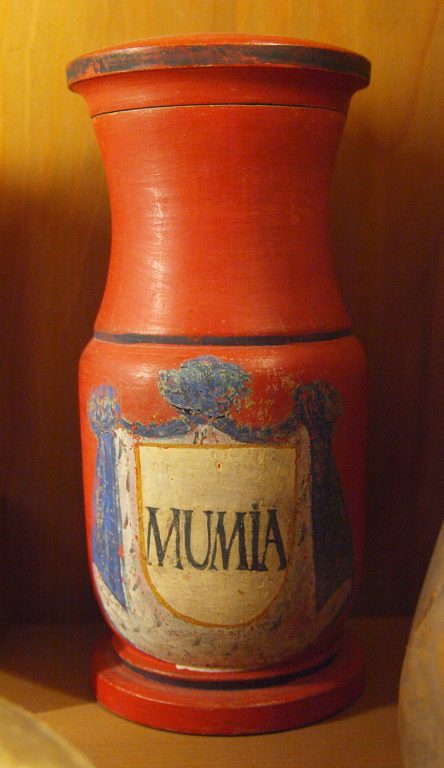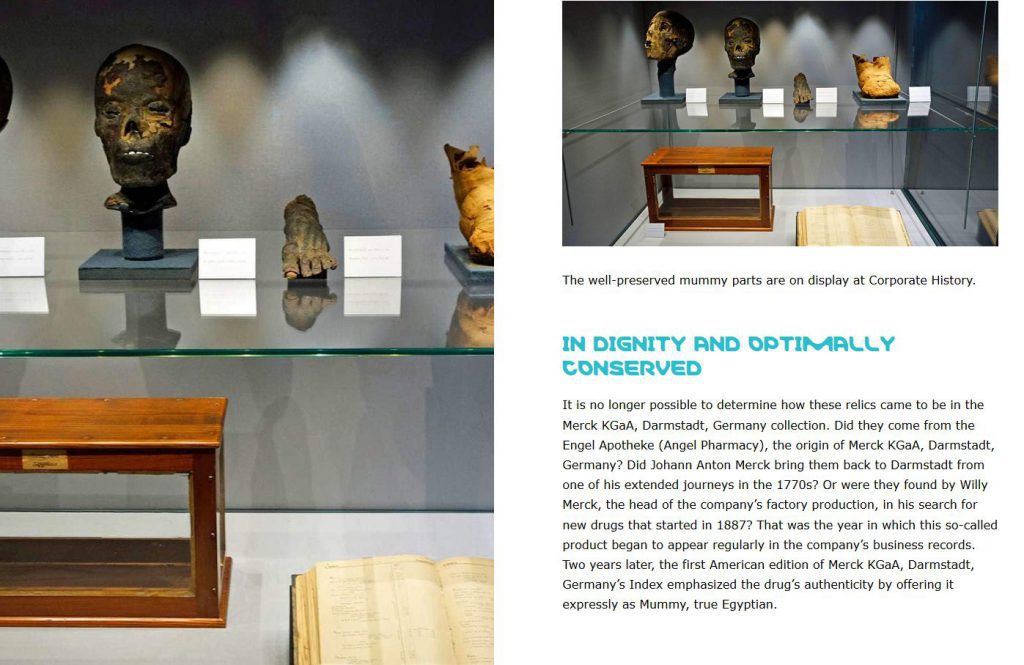Soziologin Hilke Brockmann (Prof.), vermutlich mit hochgekrempelten Ärmeln im Blaumann, schreibt: “Ostdeutsche sollten lieber mal mit anpacken, statt sich der Realität zu verweigern” – und bleibt konkret unkonkret, also was das Was des Anpackens angeht. Aber im Tenor: der Osten wählt so scheiße (nicht ihr Wort), weil er der Osten ist. Und übersieht, wie so viele, dass die Italienerinnen, die Niederländer, der Franzose, die Österreicherin und und und auch so scheiße wählen, aber doch bitte nicht alle die gleiche – ostdeutsche – Geschichte hatten, oder? Sind da nicht eher die neuen westlichen Bundesländer eine Ausnahme (dankenswert, zusammen mit ein paar anderen Ländern, Dänemark, Spanien …)?
Möge Kollegin Brockmann doch mal in den Osten gehen, Ärmel hoch, und es den faulen Osseln so richtig vormachen, das mit dem Anpacken. Irgendwas wird schon im Weg liegen. Oder sie macht ne Firma auf, die nach Ablauf der staatlichen Subventionen nicht gleich wieder schließt. Oder sowas halt. Anpacken, wie nur eine Soziologin es kann!
Wären vor den LandWahlen (was n passendes Wort re Ex-DDR!) Artikel wie dieser als Flugblätter über den sächsischen und thüringischen Gauen abgeworfen worden – das hätte die Wahlen rumgerissen! Ganz bestimmt. Weil auf den Tonfall, wenn eine “die Realität” definitiv kennt und sie ihm vorhält, ja da druff fährt das Ossel ab!
PS Der Titel gehört mal von Sprachlogikern überprüft: “Ostdeutsche sollten lieber mal mit anpacken, statt sich der Realität zu verweigern.” Das “verweigern” hat immerhin ein Objekt, anders als das “anpacken”.

